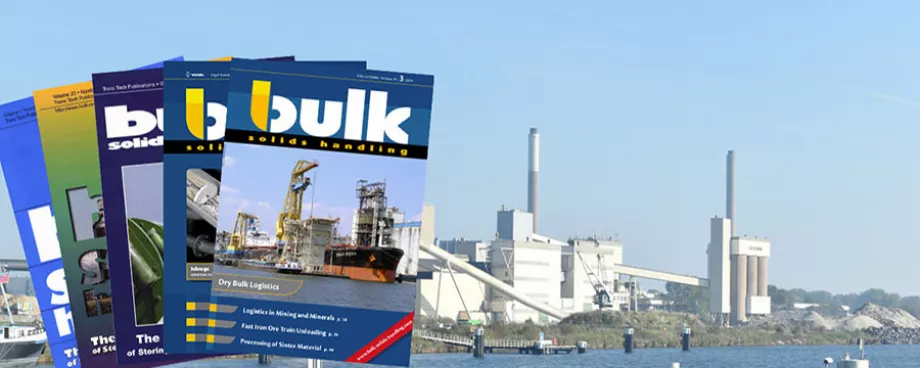The continually rising price of oil and the realization that oil reserves are limited have led to a resurgence of coal in the industrialized nations. For coal to play an important role in the future new processes must be developed to adapt this source of energy to the needs of domestic and industrial consumers and to take into account environmental considerations. In addition large quantities of coal or energy produced from coal, must be transported at economical conditions from the coal fields over considerable distances to the main centres of consumption. The present capacity of conventional overland and marine transport facilities (railways) ships and ports of transshipment) would not be sufficient to meet the increasing demands for coal transportation. Considerable efforts are therefore being made throughout the world to develop means of converting coal into consumer-oriented gaseous or liquid fuels which can be transported economically through pipelines much in the same way as gas or oil. The advantages of pipeline technology have already been realised in transporting slurries of fine ground coal and water on a commercial scale. The hydraulic transport of coal has proved to be as economical as pipeline transportation of other raw materials such as iron ore, phosphates and limestone. Nevertheless coal-water pipelines have some disadvantages. Firstly, water has no fuel value and is therefore mere ballast secondly the pipeline must be buried as a protection against frost, and in addition, the coal must be dewatered after transportation, a process which involves considerable cost. In an article on ' Alternative Carrying Media and Agglomeration Processes for Transportation of Coal" [1], the use of oil, methanol, ethanol LNG and CO2 as alternatives to water for the pipeline transportation of coal have already been discussed. None of these alternatives has yet been used on a commercial scale although it is generally recognized that methanol (GHPH} is most likely to be used.
■





